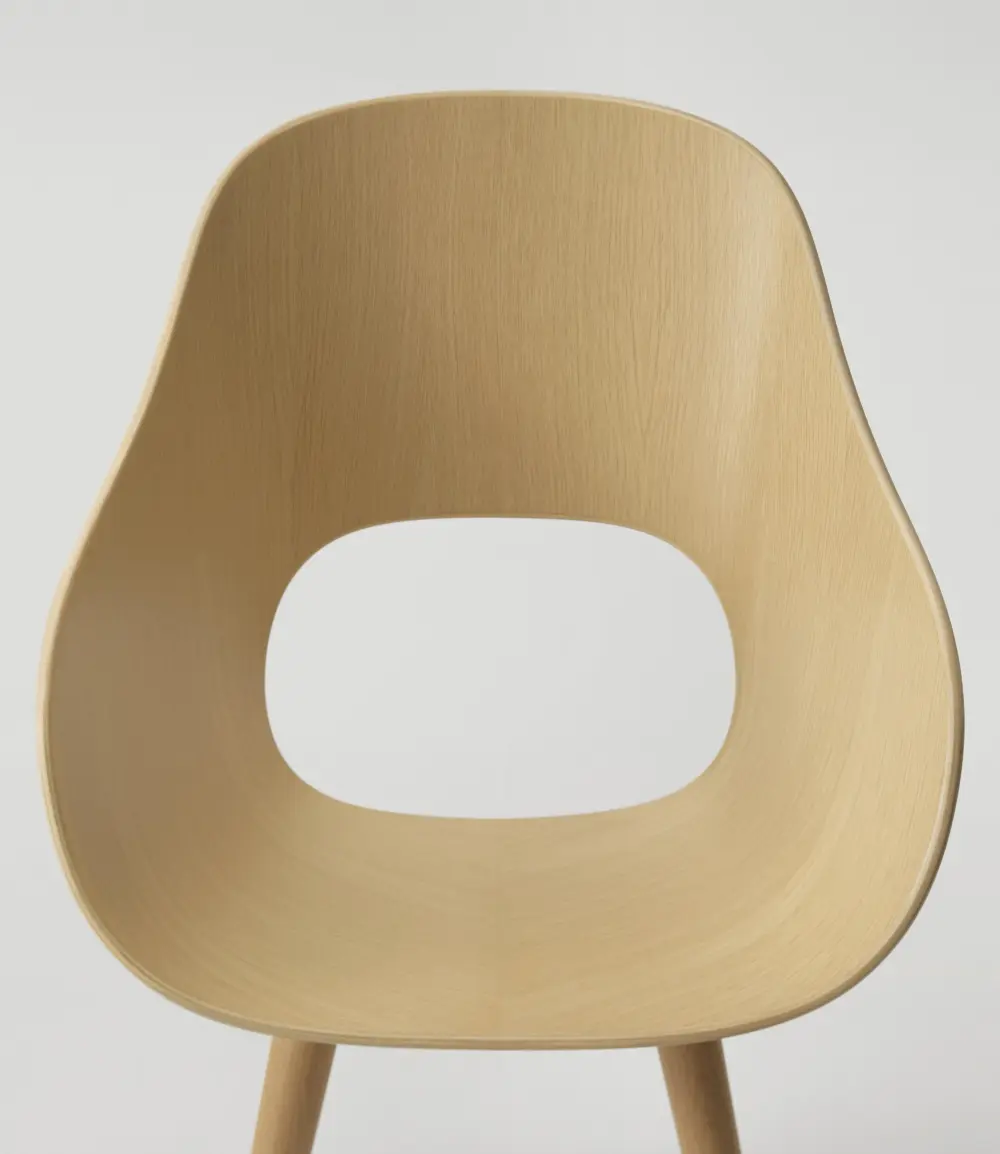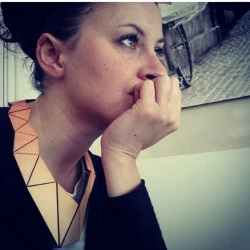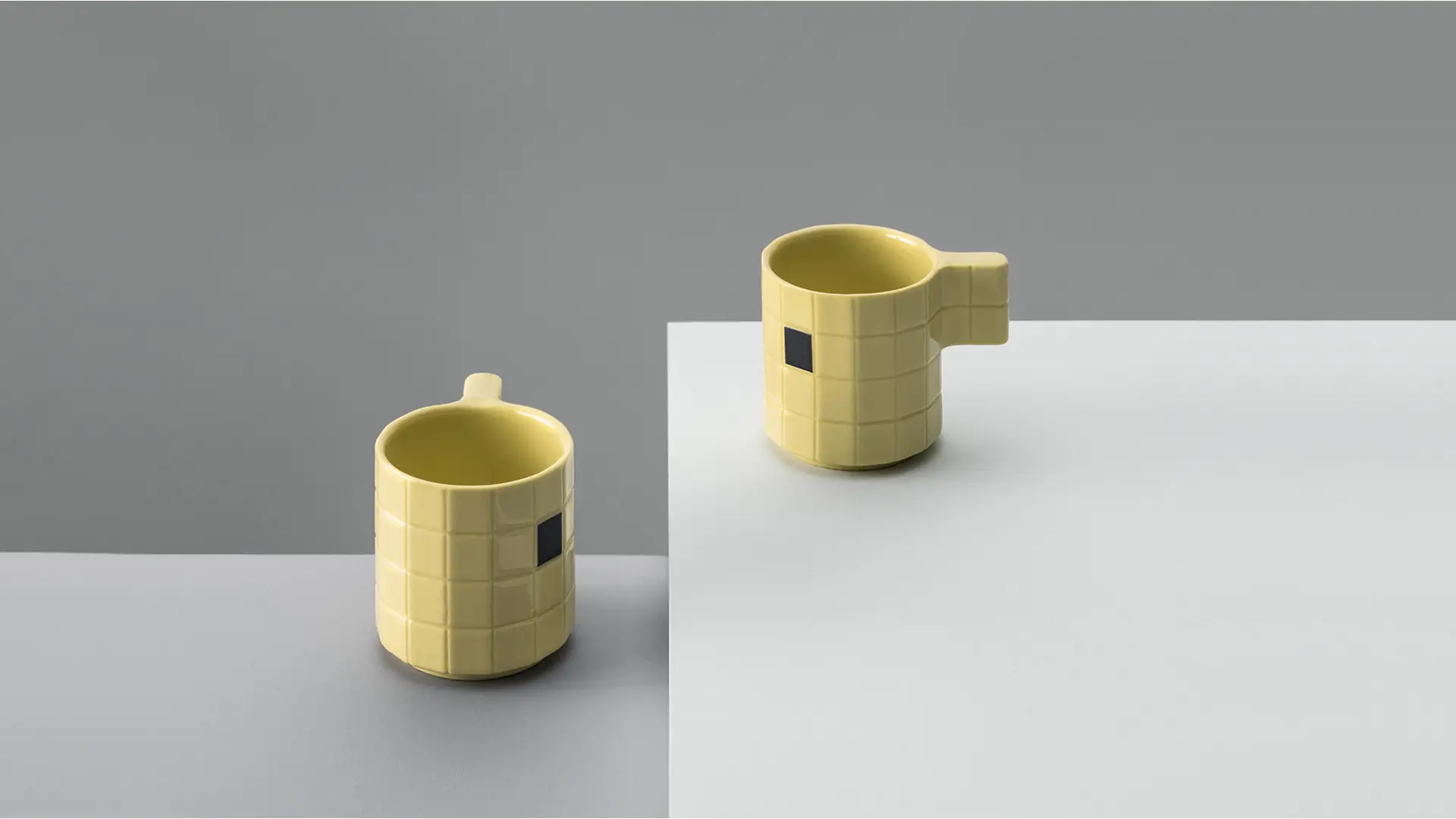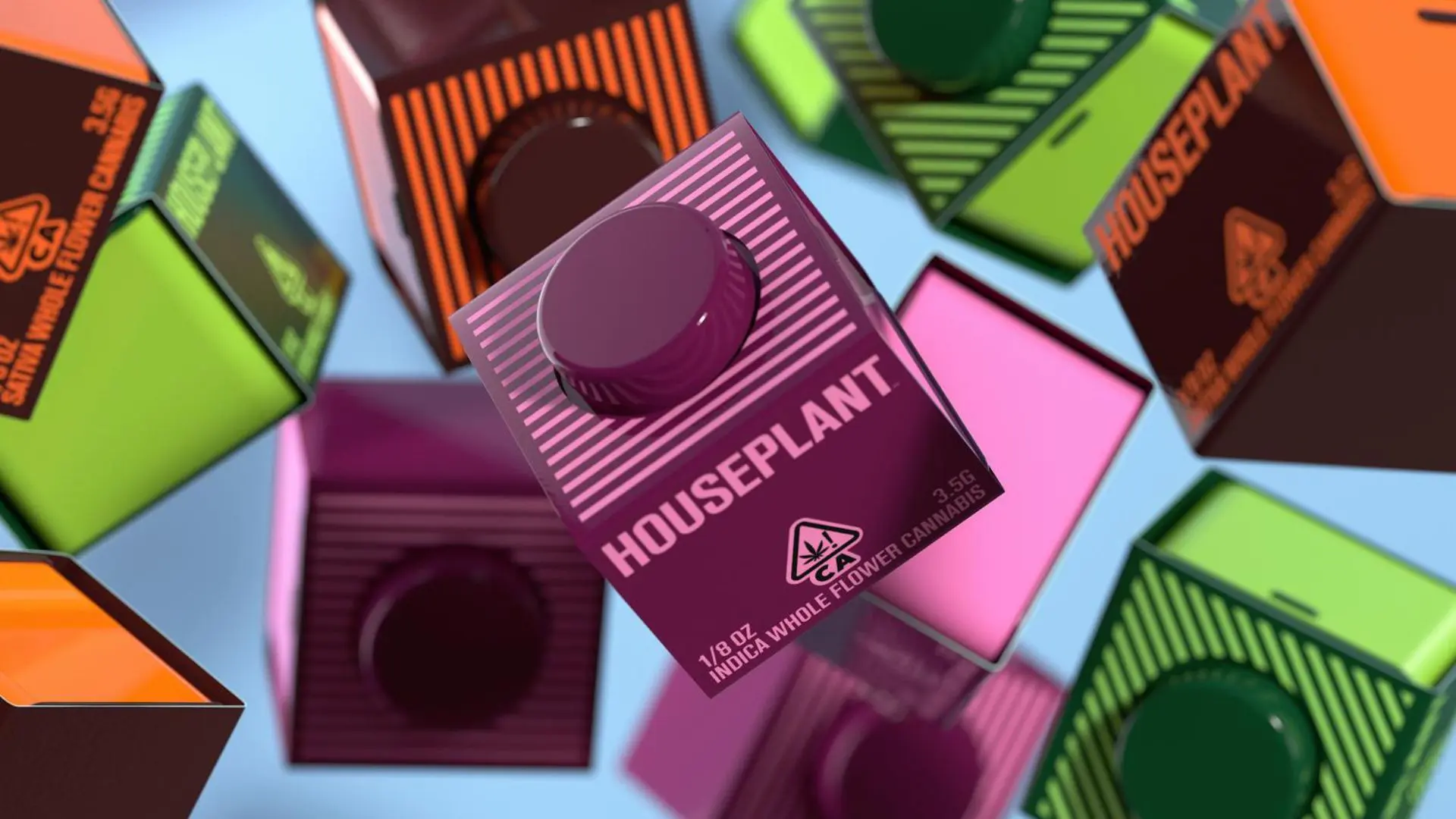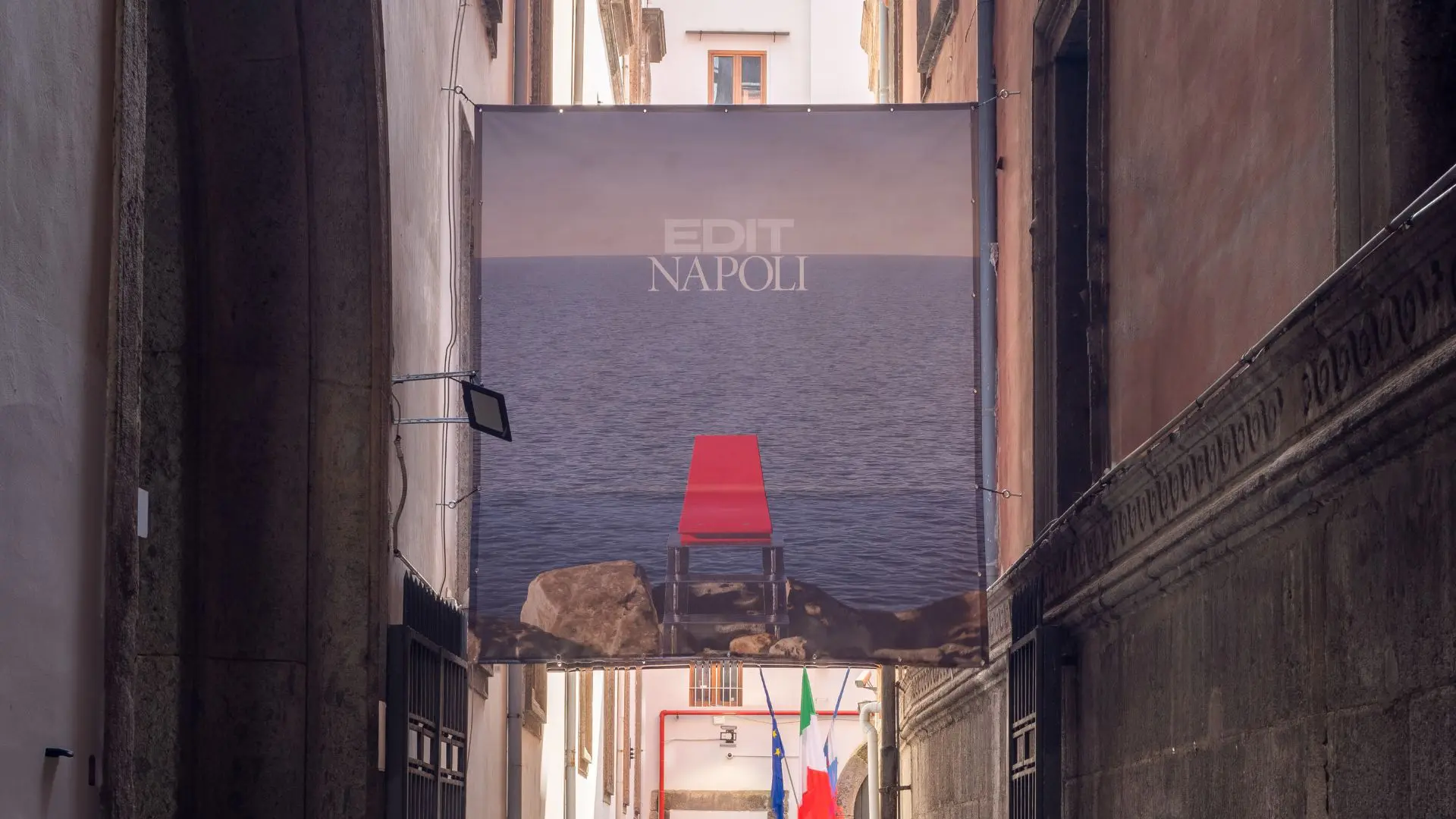Naoto Fukasawa is the craftsman that gives shape to subconscious values.
One of the foremost industrial designers working today, Naoto Fukasawa creates sober, simple, user-friendly products with an extraordinary universal appeal.
It’s a fact – the human body instinctively knows what is comfortable and efficient.
Naoto Fukasawa‘s style inspires and intrigues because it actualizes an intangible instinct, a genuinely Japanese sensibility that reflects people’s unconscious solutions into smart, low-key products, and that earned him the trust of dozens of global company including B&B Italia, Vitra, Magis and MUJI, of course.
There is a quintessence, in objects, that people are aware of, yet cannot see. According to Naoto Fukasawa, a good design doesn’t merely create a shape, it will eventually help people see what they actually already knew, attributing a countenance to an object, tracing a form along the border of a creation.
Design becomes the process of attribution of a physical structure to a soul, a process that Fukasawa names ’embodiment’ – also the title of one of his best-selling books.
CD Player – MUJI
One of Japan’s most iconic industrial designs of the past century, MUJI’s minimal wall-mounted CD player is inspired by a kitchen vent: the act of pulling on a string to start the fan blades reminded Fukasawa of how a disc starts spinning.
When CD sales declined, MUJI released a strikingly similar device, redesigning the creation into a remotely controlled wall-mounted Bluetooth speaker, while Fukasawa’s original creation found its place among the immortal pieces of NY MoMA and Victoria and Albert Museum.
Passionate about Design History? Don’t miss the story of the Bic pen, a cheap design that changed the history of writing.
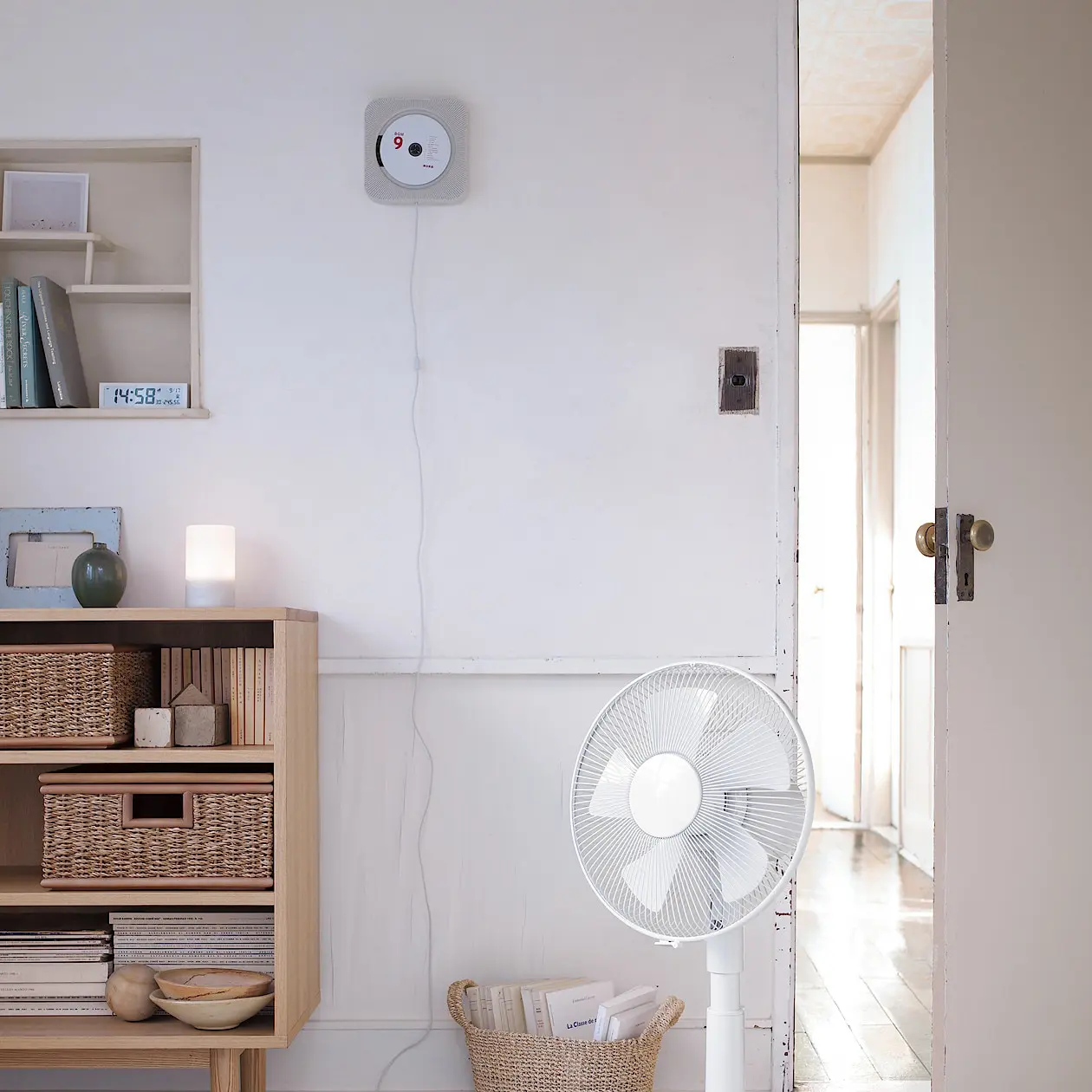
INFOBAR Phones – KDDI
In 2003 Fukasawa established his practice, the Naoto Fukasawa Design, and created the INFOBAR mobile phones.
Based on the same conviction that inspired the MUJI CD Player, namely that a sense of familiarity is unconsciously created when a shape reminds customers of other completely unrelated everyday objects: a restrained, brightly-colored, long style, for a phone that reminds of a TV remote control, now permanently on show at the NY MoMA.
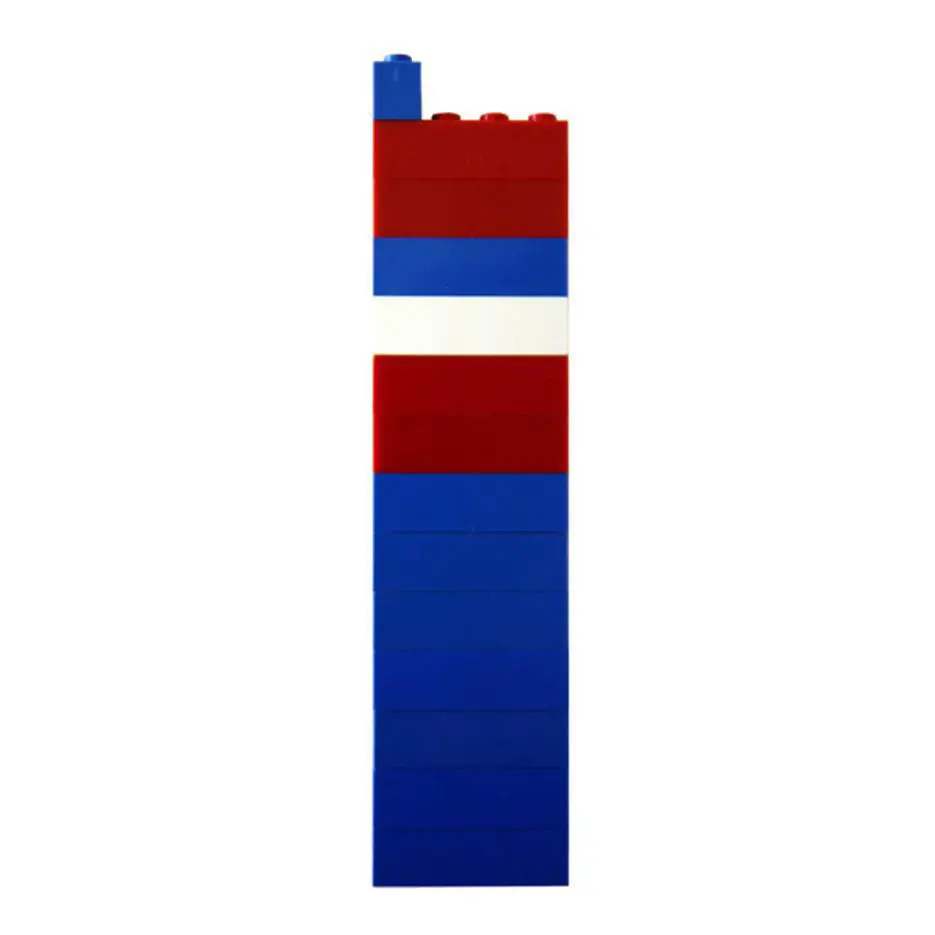
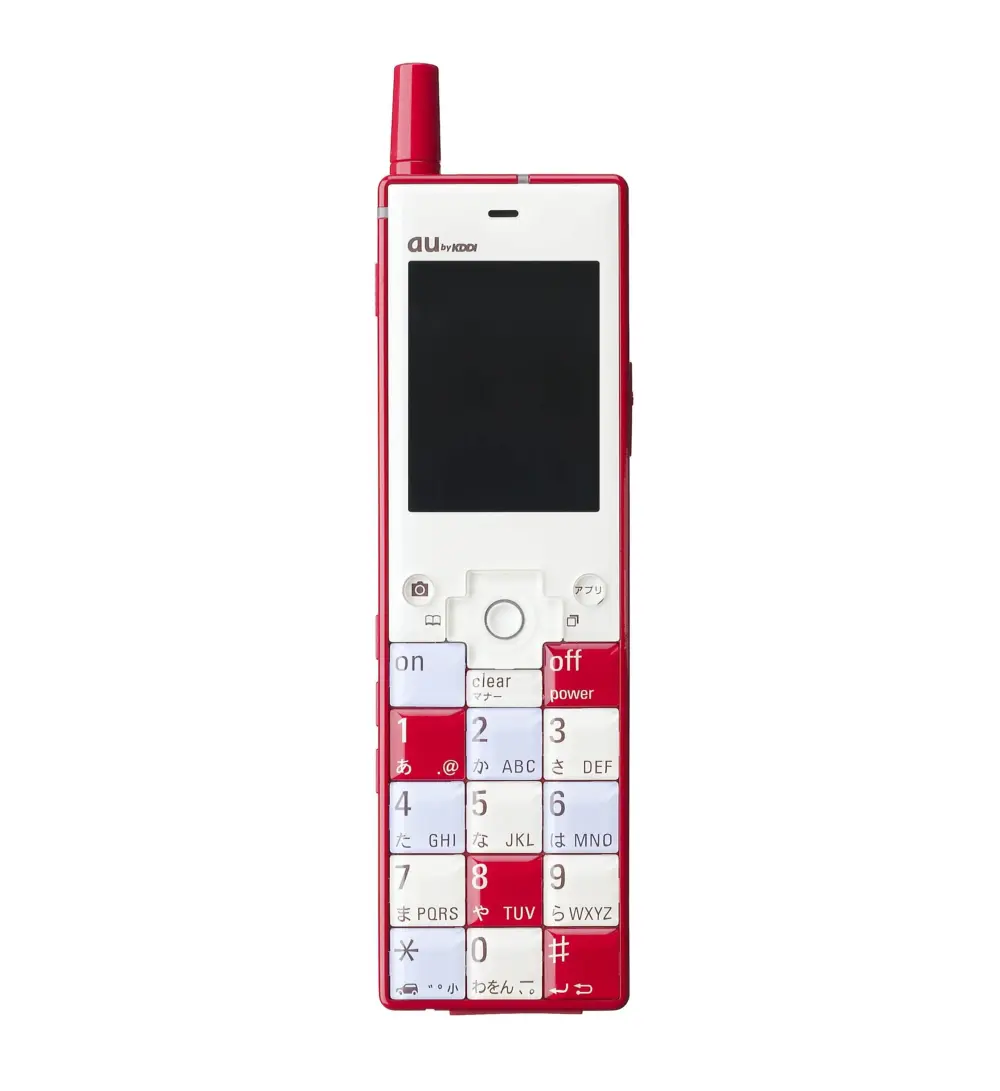
Papilio – B&B Italia
The Papilio series designed for B&B Italia is a further expression of Fukasawa’s unique approach to design, which doesn’t focus on the object in itself, but on the relationship between the creation and the user, in a state of mutual harmony.
With the Latin name for the butterfly flight, this collection features pieces of furniture that welcome the user, with lateral wings to embrace and emphasize a comfort sensation.
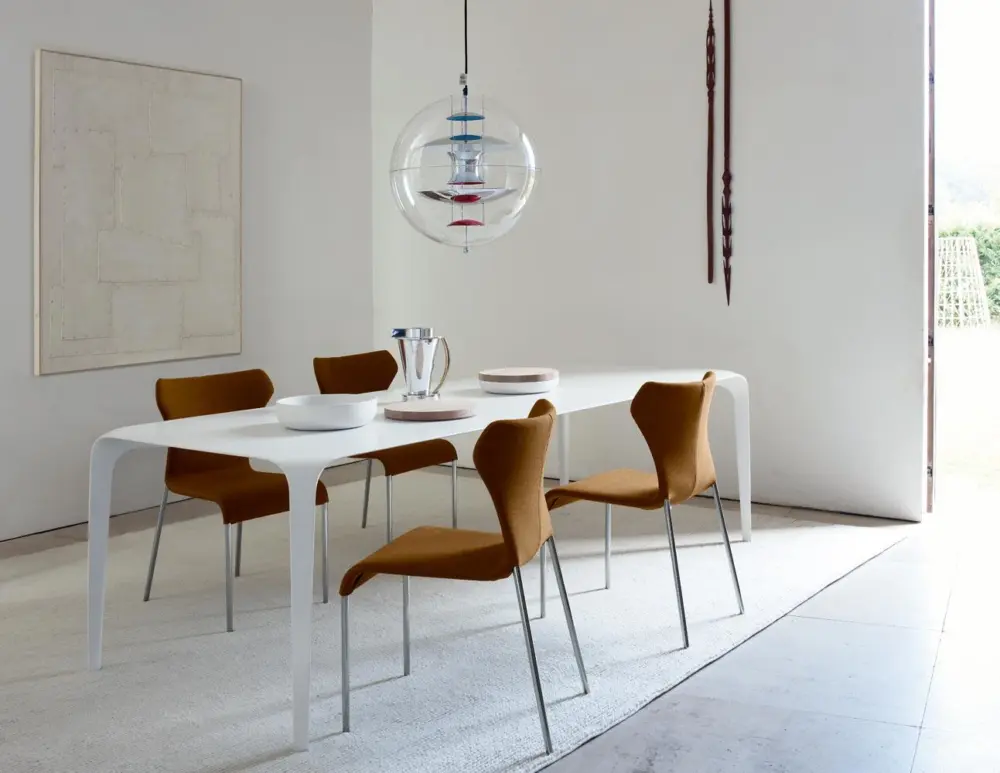
Déjà-Vu – Magis
Soft curves and elegant proportions, the Déjà-Vu series inspires a sense of familiarity: simple, clean shapes made of extruded aluminium polished or painted, for stools, chairs, tables and mirrors that speak the language of a designer whose simplicity hides exceptional quality and executive mastery.
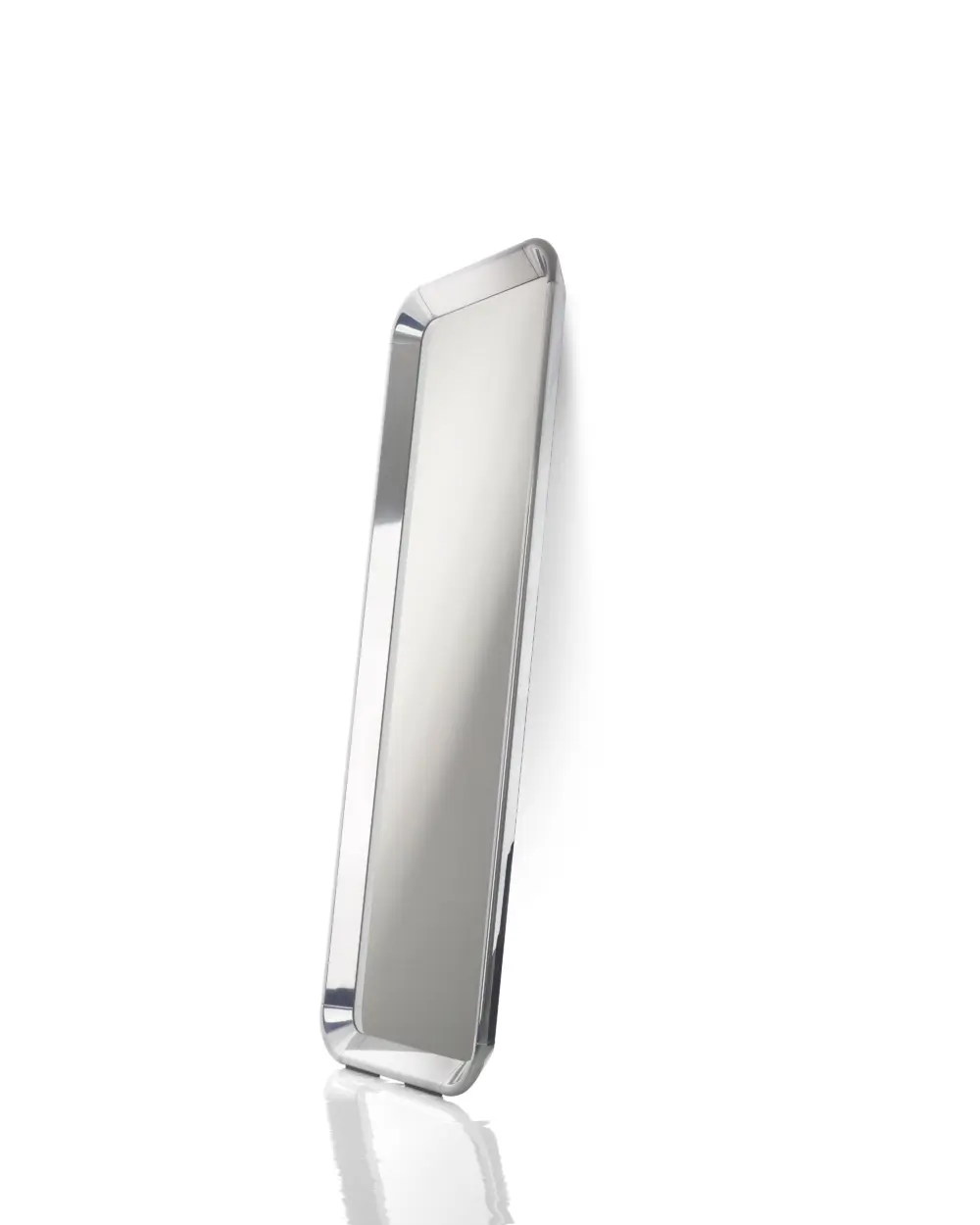
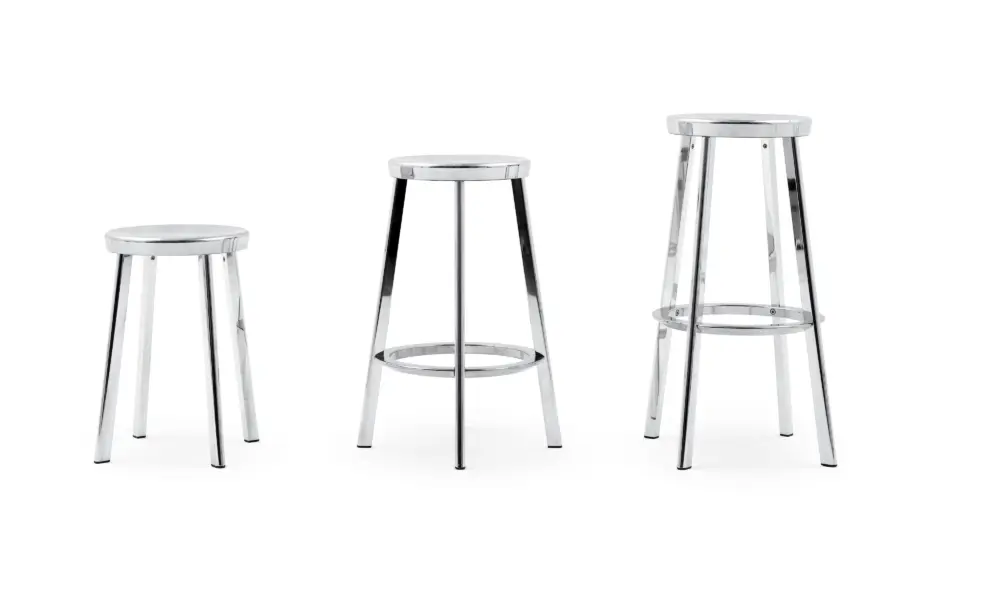
Roundish Chair – Maruni
Naoto Fukasawa also acts as a consultant for a number of Japanese companies, not only designing but also helping to shape the corporate vision.
In 2018, while serving as Maruni’s art director, Fukasawa designed for the brand the Roundish chair, an armchair whose backrest, arms and seat are made from a single piece of laminated wood, an enveloping form for a gentle, relaxing time.
Discover more about Product Design by taking a look at the story of the brand HAY.
